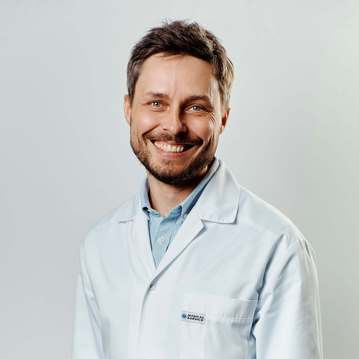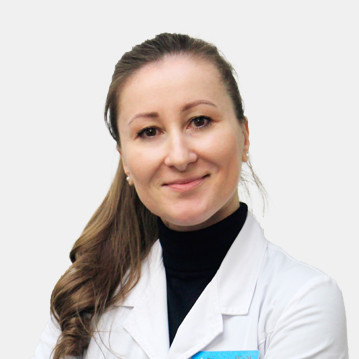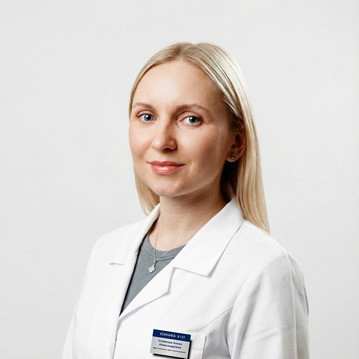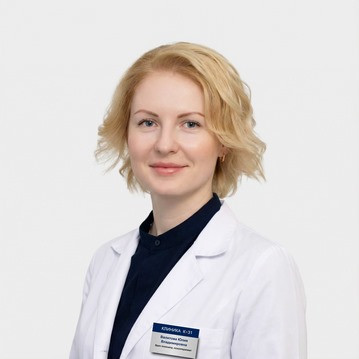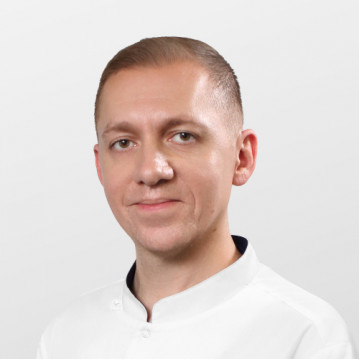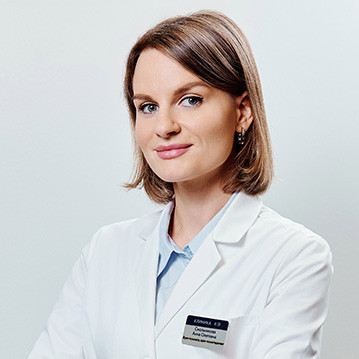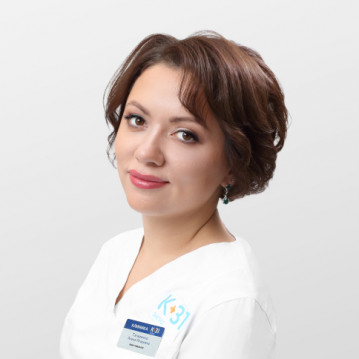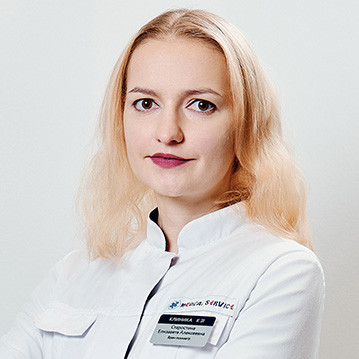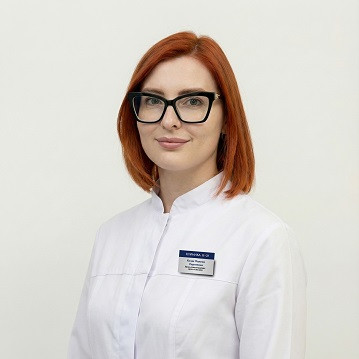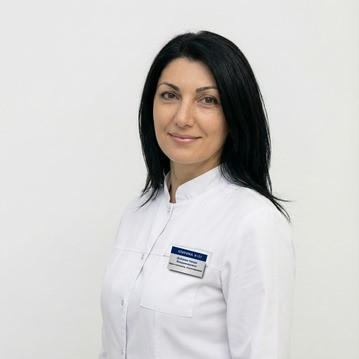Schizophrenia is one of the most severe mental disorders, which is caused by a violation of mental processes, a disturbance in perception and inadequate expression of emotions. Unlike most other mental disorders, schizophrenia loses its ability to work, social adaptation. Schizophrenia often causes disability.
Of course, there are several variants of the course of schizophrenia that differ in their severity, impaired quality of life and social dysfunction.
With proper treatment at the earliest stages of the onset of this disease, the patient has every chance of recovery. But, unfortunately, there are still very few such situations in domestic psychiatry, which is associated with a late visit to a psychiatrist even in the presence of symptoms of a mental disorder.
Specialists of K + 31 Clinic call for careful attention to their health and the health of their loved ones, and if any changes in the psyche are revealed, immediately seek medical help, despite all the prejudices. Only due to timely consultation and treatment (if necessary) can serious mental pathology be avoided.
Causes of schizophrenia
Thanks to the long history of the study of schizophrenia, today many etiological factors have been discovered that, to one degree or another, contribute to the development of this pathology. Modern science more and more opens the veil of secrecy of schizophrenia, some mechanisms have already been reliably studied, others are the property of the future.
If in the recent past the main causes of schizophrenia were seen in the social environment, living conditions, personality traits, today more preference is given to the hereditary, genetic and neurobiological mechanisms of schizophrenia in humans.
It is impossible to exclude any factor in favor of another, since it is reliably known about the mutual complementation and strengthening of the reasons. Thus, various models of the origin of schizophrenia are formed: the “stress-diathesis model”, “psychodynamic model”, “biopsychosocial model” and even “sociocultural model”.
